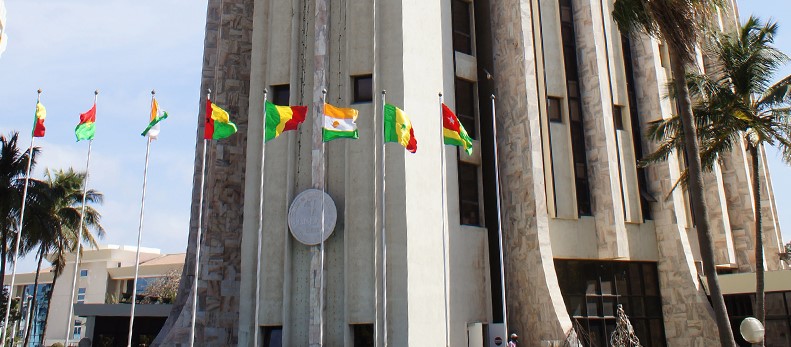AFI Executive Director, Dr Alfred Hannig has called on countries to ensure that vulnerable populations have access to financial services to build climate resilience, and to empower them to be a part of a just transition to a sustainable future.
Speaking in Dakar at a conference organized by the Central Bank of West African States (BCEAO) on the role of central banks in mitigating climate change challenges, Dr Hannig highlighted how AFI members are advancing sustainability by facilitating access to financial services.
“In Egypt, the Central Bank has made affordable credit available for farmers to invest in better irrigation systems. In Fiji, the Reserve Bank initiated mobile payments for government remittances to people affected by cyclones, while in Armenia, the Central Bank has coordinated the development of climate risk insurance products for the agriculture sector.”
“Central Banks concerning themselves with climate change should not be considered mission creep or a shift in mandate, but rather a necessary response to broader developments which may positively impact their core goals of monetary and financial stability.”
Responding to a question on where funding would come from for climate change mitigation, Dr Hannig emphasized that policy interventions such as the introduction of Environmental and Social Risk Management guidelines, or data collection on Inclusive Green Finance, can achieve high impact without necessarily incurring high costs.
Dr Hannig announced that inclusive green finance would be discussed at an AFI public-private partnership dialogue during the IMF/World Bank Spring Meetings, and at the AFI Global Policy Forum in El Salvador, in September.
The conference in Dakar aimed to create a framework for countries to exchange experience and insight on climate policy, and to help the financial sector contribute to climate resilience. It was attended by the BCEAO Governor, Governors from the Central Banks of Zambia, Comoros, The Gambia and Mauritius, as well as government ministers from Senegal and Côte d’Ivoire and six Deputy Governors.
BCEAO, an AFI member since 2011, is the common issuing institution of the eight member States of the West African Monetary Union: Benin, Burkina Faso, Côte d’Ivoire, Guinea-Bissau, Mali, Niger, Senegal and Togo.

